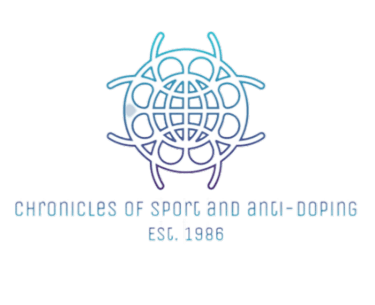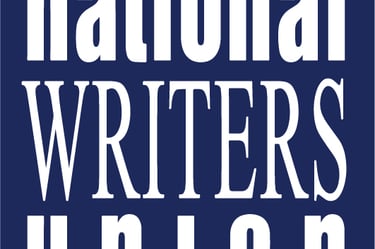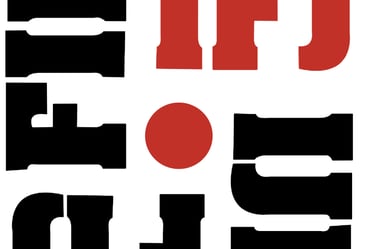The Decision on Russian Olympic Committee (ROC) v. International Olympic Committee (IOC): A Governmental Matter


Recently, the Court of Arbitration for Sport (CAS) made a significant ruling in the case of the Russian Olympic Committee (ROC) v. the International Olympic Committee (IOC). This decision has sparked a debate about the role of sport bodies in resolving such disputes and the involvement of governments in these matters.
The Background
In October 2023, the Executive Board of the IOC made a decision regarding the participation of Russian athletes in the Olympic Games. This decision was met with opposition from the ROC, which filed an appeal with the CAS on October 31, 2023.
The CAS Ruling
After careful consideration, the CAS dismissed the appeal filed by the ROC against the decision of the IOC's Executive Board. The CAS ruling confirmed the decision made by the IOC on October 12, 2023.
It is important to note that the CAS is an independent judicial body established to settle disputes related to sport. However, in this case, the CAS ruling highlights the limitations of sport bodies in resolving matters that involve governments.
The Role of Sport Bodies
Sport bodies, such as the IOC and the CAS, play a crucial role in ensuring fair play, upholding the integrity of sports, and resolving disputes within the sporting world. These organizations have established rules and regulations that govern the participation of athletes and member countries in various sporting events.
However, when it comes to matters that involve governments, the authority of sport bodies becomes limited. The decision made by the IOC regarding the participation of Russian athletes in the Olympic Games is not solely a sporting matter but also a political one.
The Involvement of Governments
In the case of the ROC v. IOC, the CAS ruling highlights the fact that the issue at hand goes beyond the jurisdiction of sport bodies. The participation of Russian athletes in international sporting events is ultimately a decision that involves governments and their policies.
The involvement of governments in sports is not uncommon. Governments often provide funding, infrastructure, and support for their national teams. They also have the power to influence the policies and decisions of sport bodies, especially when it comes to matters that affect their national interests.
While sport bodies strive to maintain their independence and autonomy, they are not immune to the influence of governments. The CAS ruling in the ROC v. IOC case serves as a reminder that governments have a significant role to play in the world of sports.
The Implications
The CAS ruling in the ROC v. IOC case has broader implications for the future of sports governance. It raises questions about the extent of the authority of sport bodies in resolving disputes that involve governments.
It is clear that sport bodies alone cannot resolve issues that have political implications. These matters require a broader approach that involves diplomatic negotiations, international cooperation, and adherence to national policies and regulations.
The involvement of governments in sports governance should not be seen as a negative aspect. Governments have a responsibility to protect the interests of their athletes and ensure fair play. They also play a crucial role in promoting sports at the national level and fostering international relations through sports diplomacy.
Conclusion
The decision on the ROC v. IOC case by the CAS highlights the limitations of sport bodies in resolving issues that involve governments. While sport bodies play a crucial role in ensuring fair play and resolving disputes within the sporting world, matters that have political implications require the involvement of governments. CAS_Award_10093.pdf (tas-cas.org)
It is important to strike a balance between the autonomy of sport bodies and the influence of governments to ensure the integrity of sports and the fair treatment of athletes. The CAS ruling serves as a reminder that sports governance is a complex matter that requires cooperation and collaboration between sport bodies and governments.
Moving forward, it is essential for sport bodies and governments to work together to address these challenges and find solutions that uphold the principles of fairness, integrity, and respect in the world of sports.




